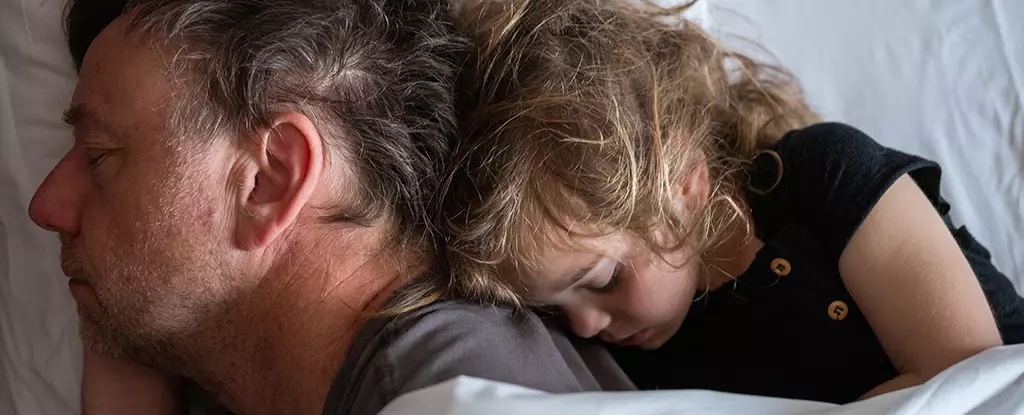Parents in the US are increasingly turning to melatonin supplements to help their children fall asleep, despite a lack of evidence supporting its safety or effectiveness. A recent survey reveals that almost one in five school-aged children and pre-teens are using melatonin to aid sleep, a significant increase from just 1.3 percent reported five years ago in a broader age group. This article critically examines the growing trend of melatonin use in children, highlighting the need for further research and caution regarding its long-term implications.
The survey conducted by Lauren Hartstein and colleagues at the University of Colorado Boulder sheds light on the concerning prevalence of melatonin use among children. The results indicate a substantial rise in melatonin supplementation, particularly among older children. Among children aged 1 to 4, 5.6 percent had taken melatonin within the past month. This rate increased to 18.5 percent in 5 to 9-year-olds and 19.4 percent in those aged 10 to 13. It is alarming to note that children as young as preschoolers are being given melatonin supplements, often for an extended period exceeding 12 months.
While the researchers do not conclude that melatonin is necessarily harmful to children, they emphasize the need for further research before confidently establishing its safety for long-term use. Currently, melatonin is considered a dietary supplement by the FDA in the United States, which affords it looser regulation and does not require a prescription. This distinction is notable, as in many other parts of the world, melatonin is classified as a controlled substance, necessitating a prescription for its acquisition. This lax regulation raises concerns about the quality control and consistency of melatonin products.
The Role of Melatonin in Sleep Regulation
Melatonin is a hormone that is naturally secreted by the pineal gland at the end of the day. Its primary function is to signal to our bodies that it is time to wind down and prepare for sleep, helping to maintain regular circadian rhythms. Individuals with sleep difficulties often turn to melatonin supplements to aid in falling asleep. However, the available evidence only supports its short-term use (1-3 months) in doses of 0.5 to 1 milligram (mg). The long-term effects of melatonin supplementation, particularly in children, are not yet established.
The rise in pediatric cases of melatonin ingestion reported to poison control centers is alarming. Between 2012 and 2021, there was a staggering 530 percent increase, primarily involving children under the age of 5. Furthermore, a recent study examining 25 brands of melatonin gummies found that 22 of them misreported the melatonin content, with one product containing more than three times the stated dose on its label. This lack of accurate labeling and oversight raises significant concerns about the potential risks associated with melatonin use in children.
Concerns for Proper Diagnosis and Treatment
While there is evidence supporting the use of melatonin as a sleep aid in individuals with autism, its effectiveness, dosage, and long-term safety in other populations remain uncertain. The authors of the survey stress the need for caution, particularly in light of the high rates of melatonin use across the pediatric population. They argue that the prevalence of melatonin supplementation might suggest underlying sleep issues that require proper diagnosis and treatment. Addressing the symptom of sleeplessness with melatonin may not address the root cause, and other sleep disruptions may go undetected and untreated.
The growing trend of melatonin use in children raises significant concerns due to the lack of evidence supporting its safety and long-term effects. While melatonin may offer short-term benefits for sleep, its prolonged use in children, often without proper diagnosis and oversight, poses potential risks. Further research is paramount to establish appropriate guidelines and regulations for melatonin use, ensuring the well-being of children’s sleep and overall health. Parents and healthcare professionals should exercise caution and prioritize comprehensive sleep evaluations and appropriate treatments rather than relying solely on melatonin supplementation.


Leave a Reply